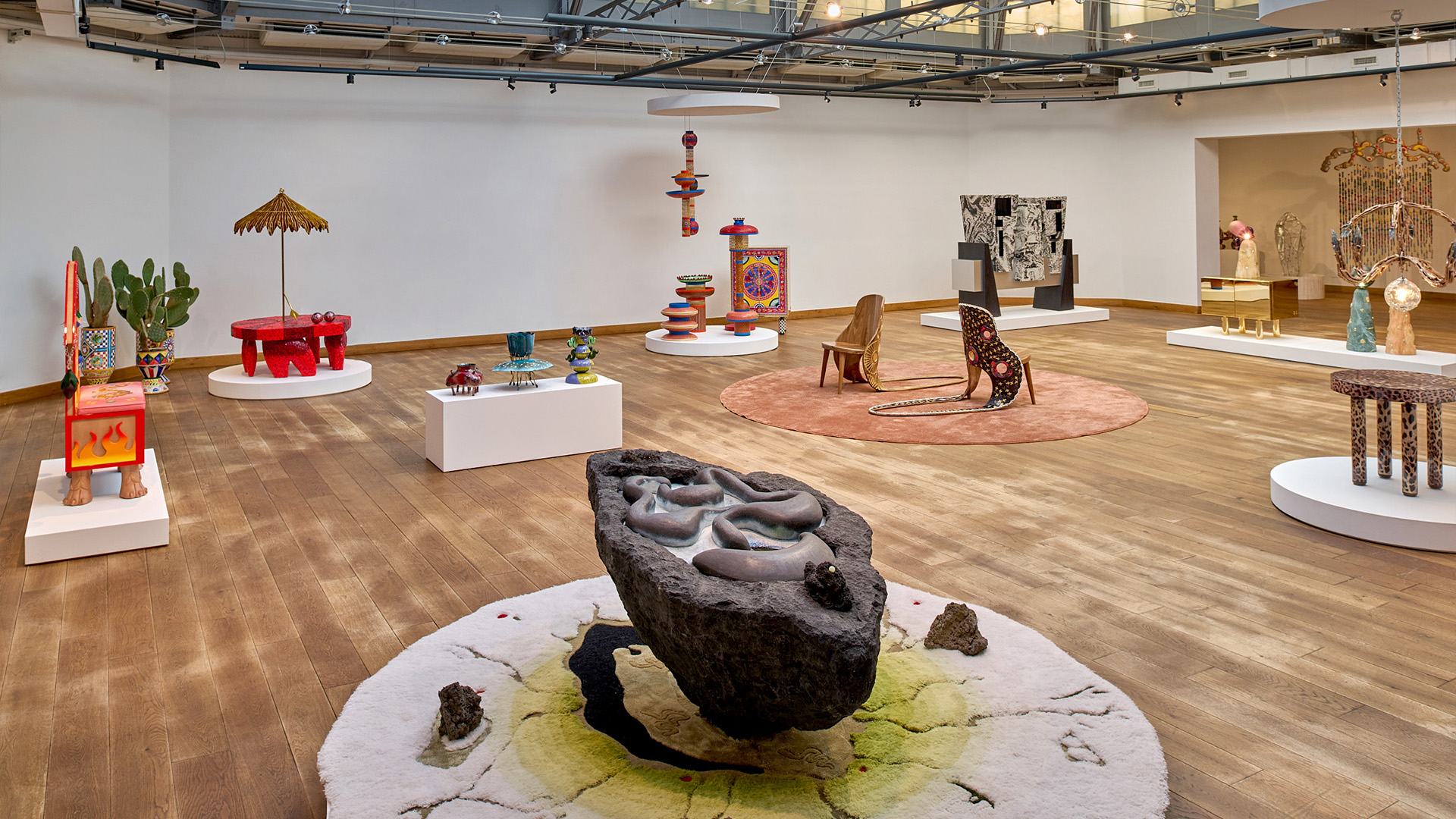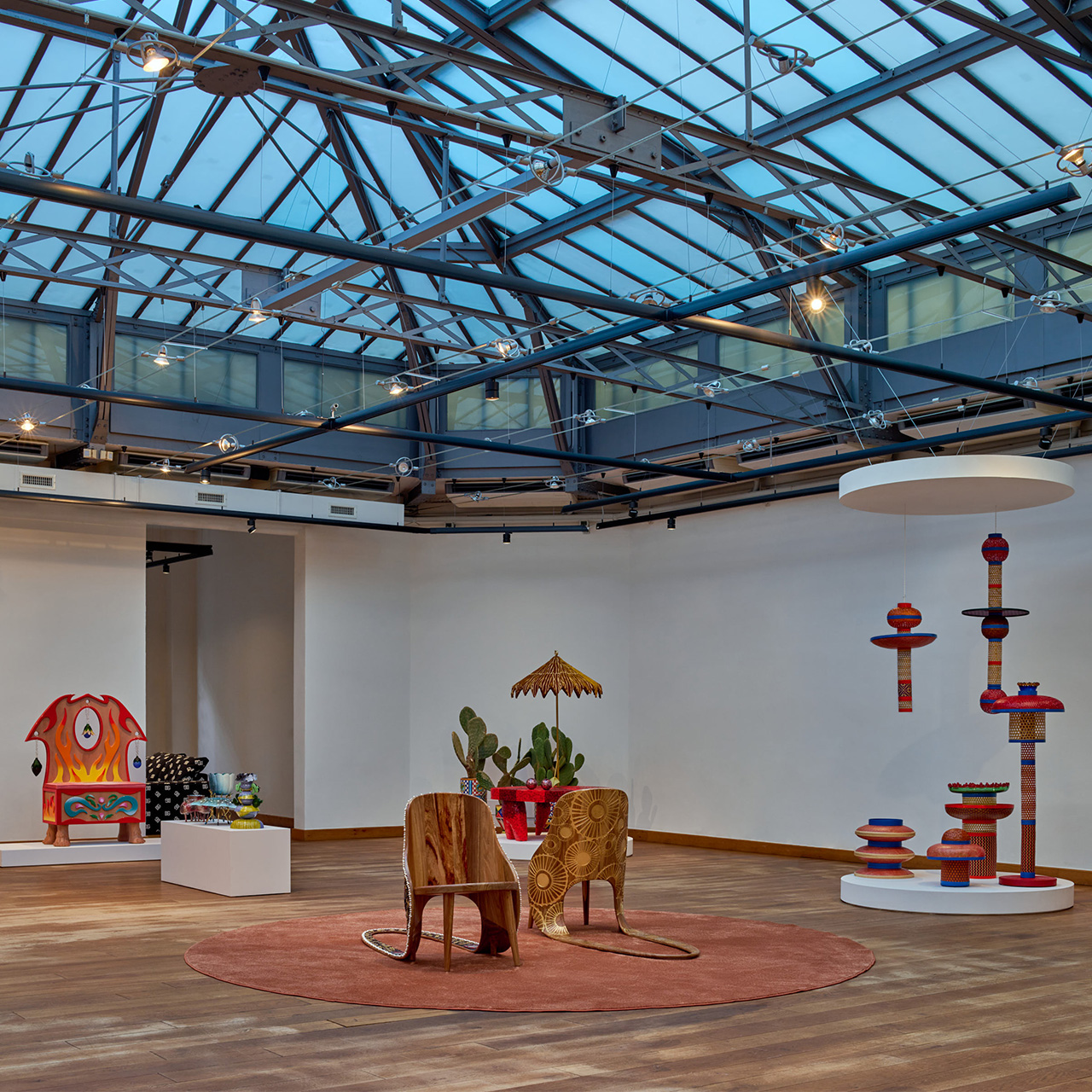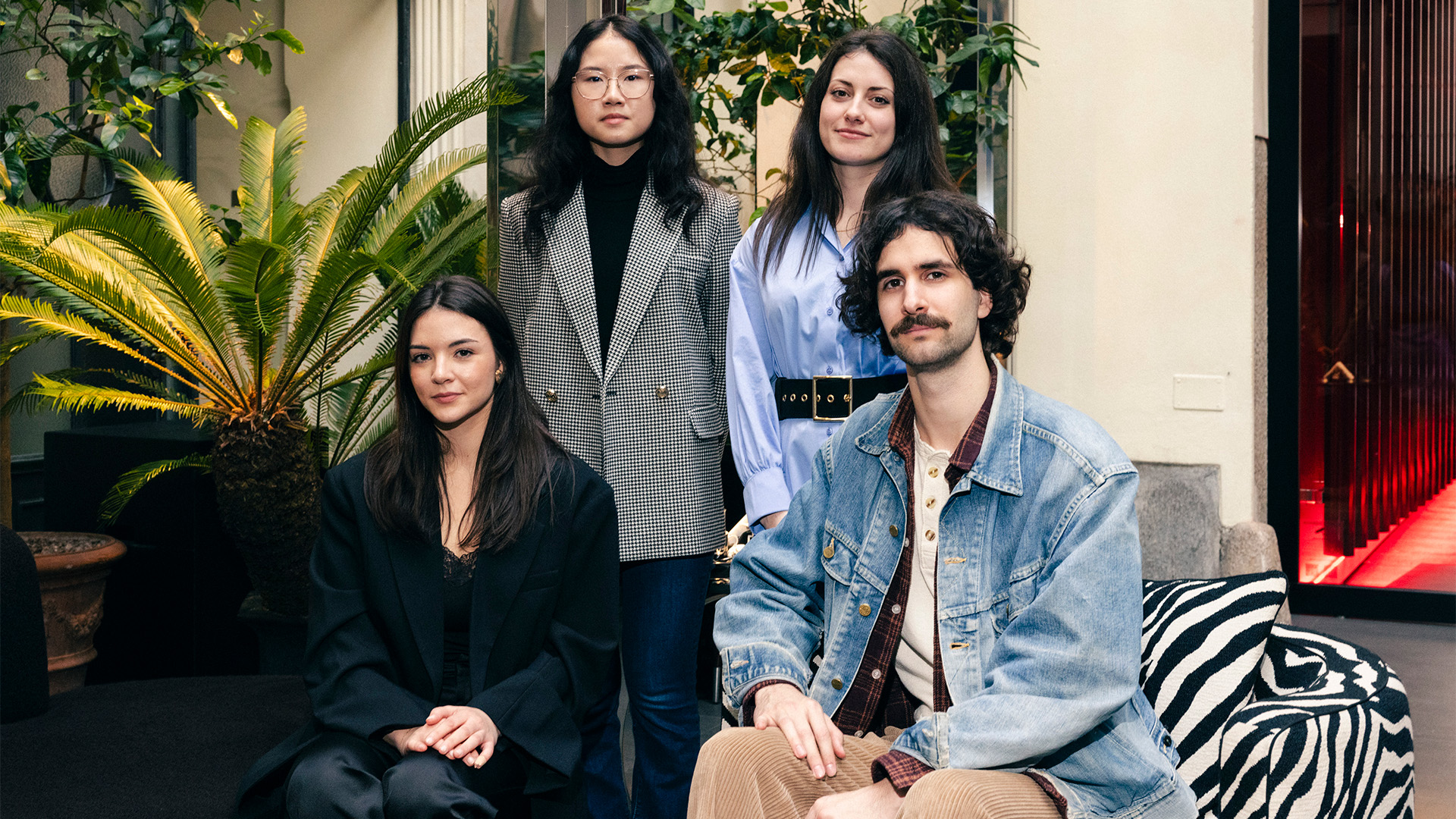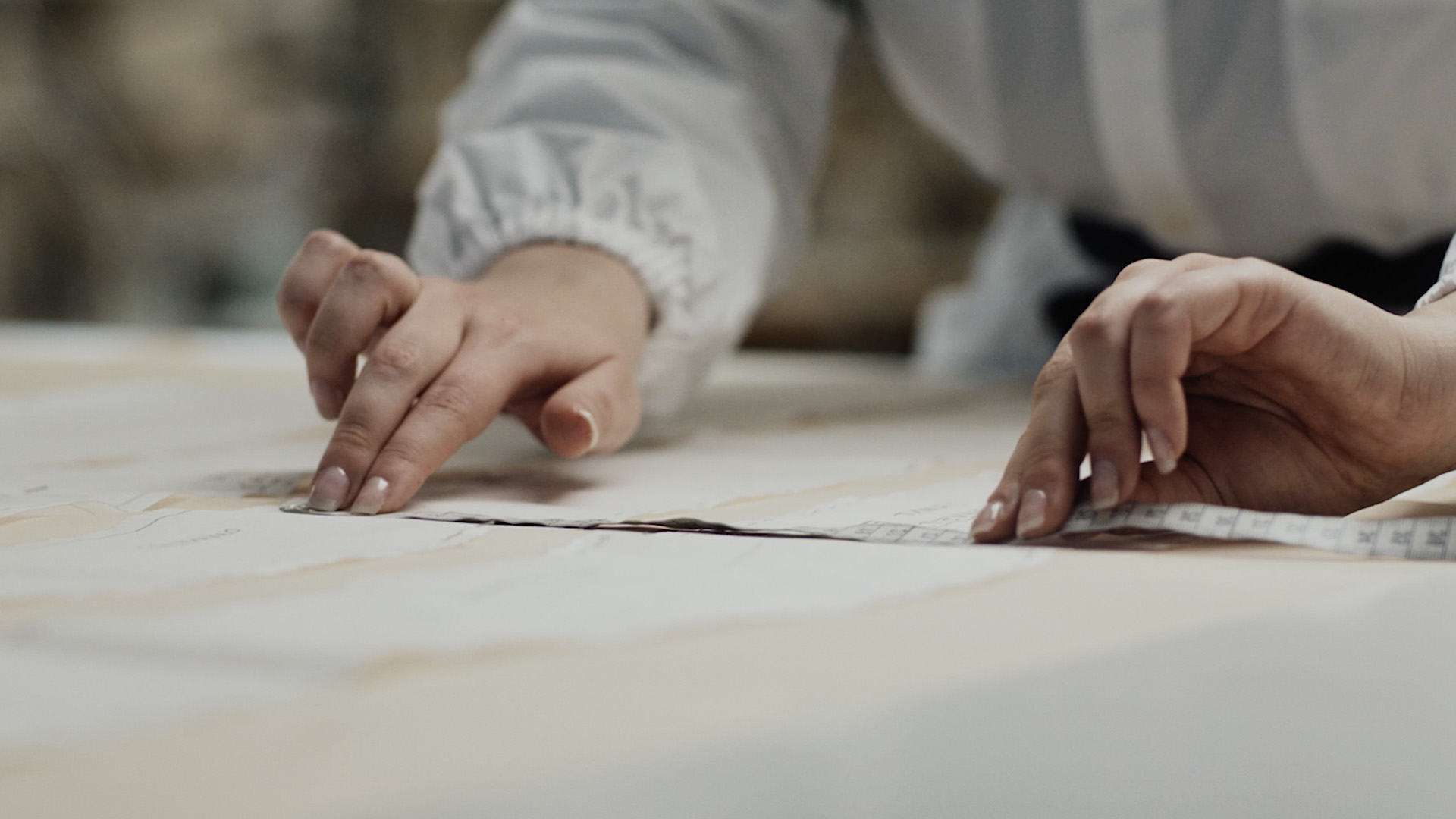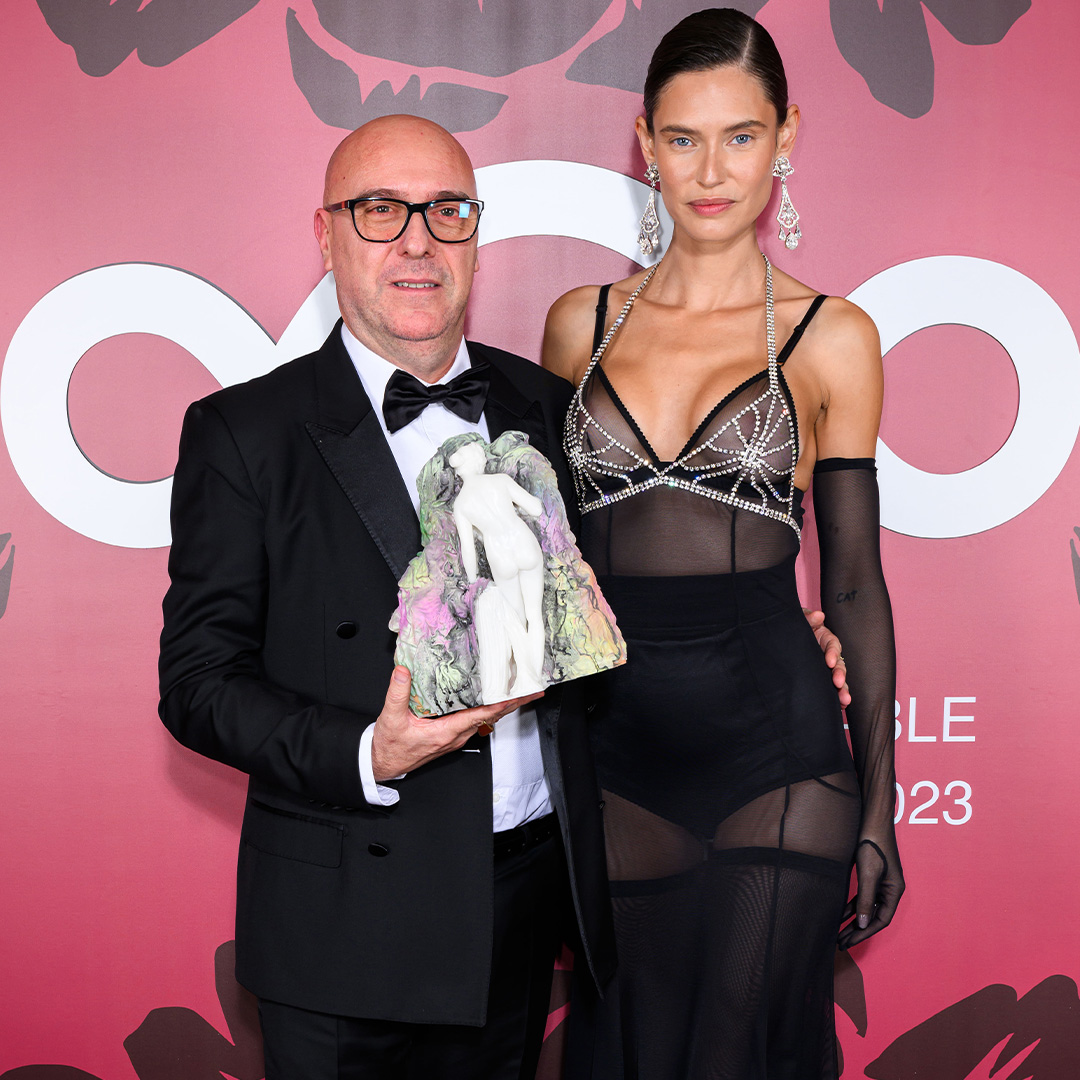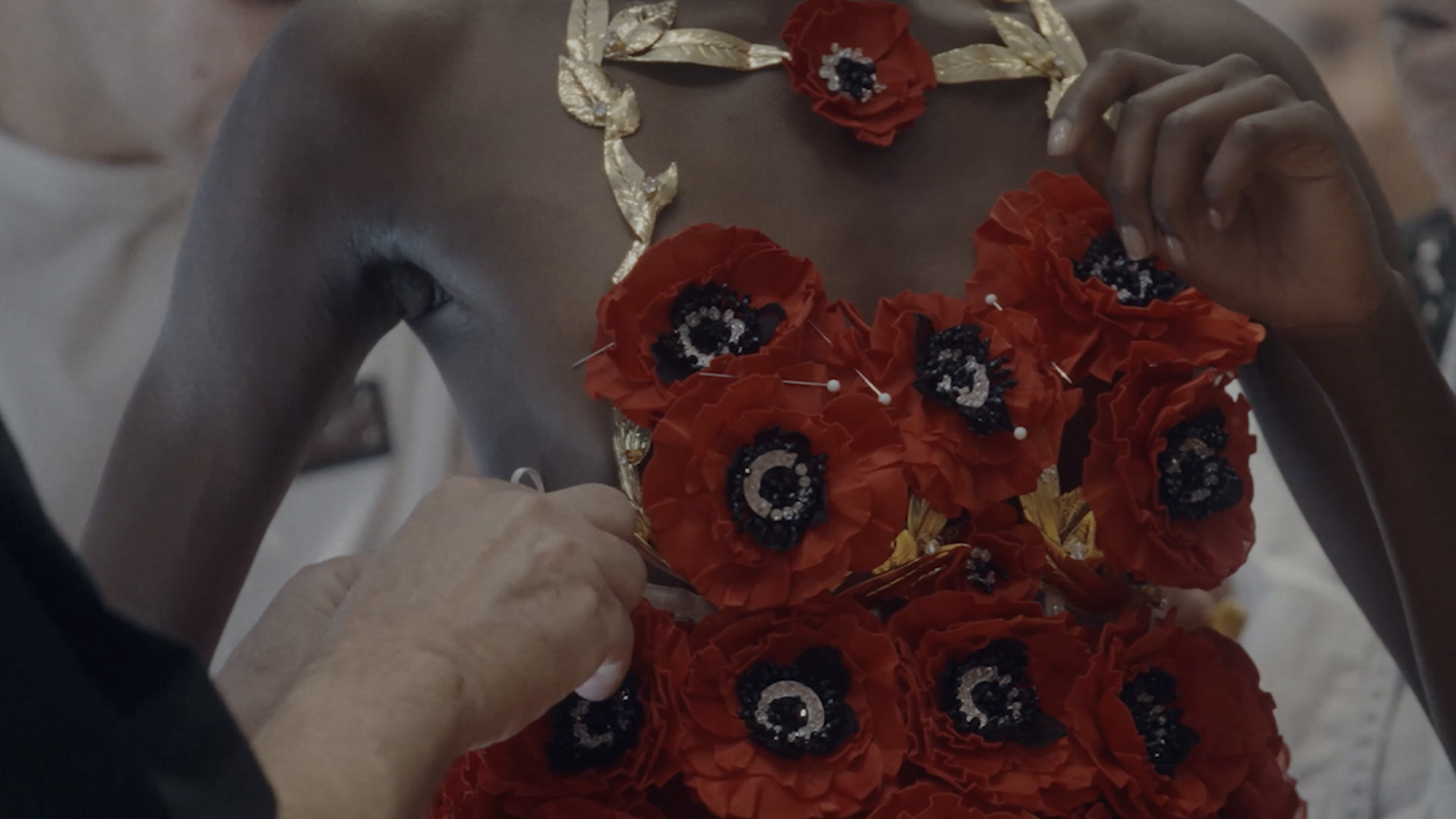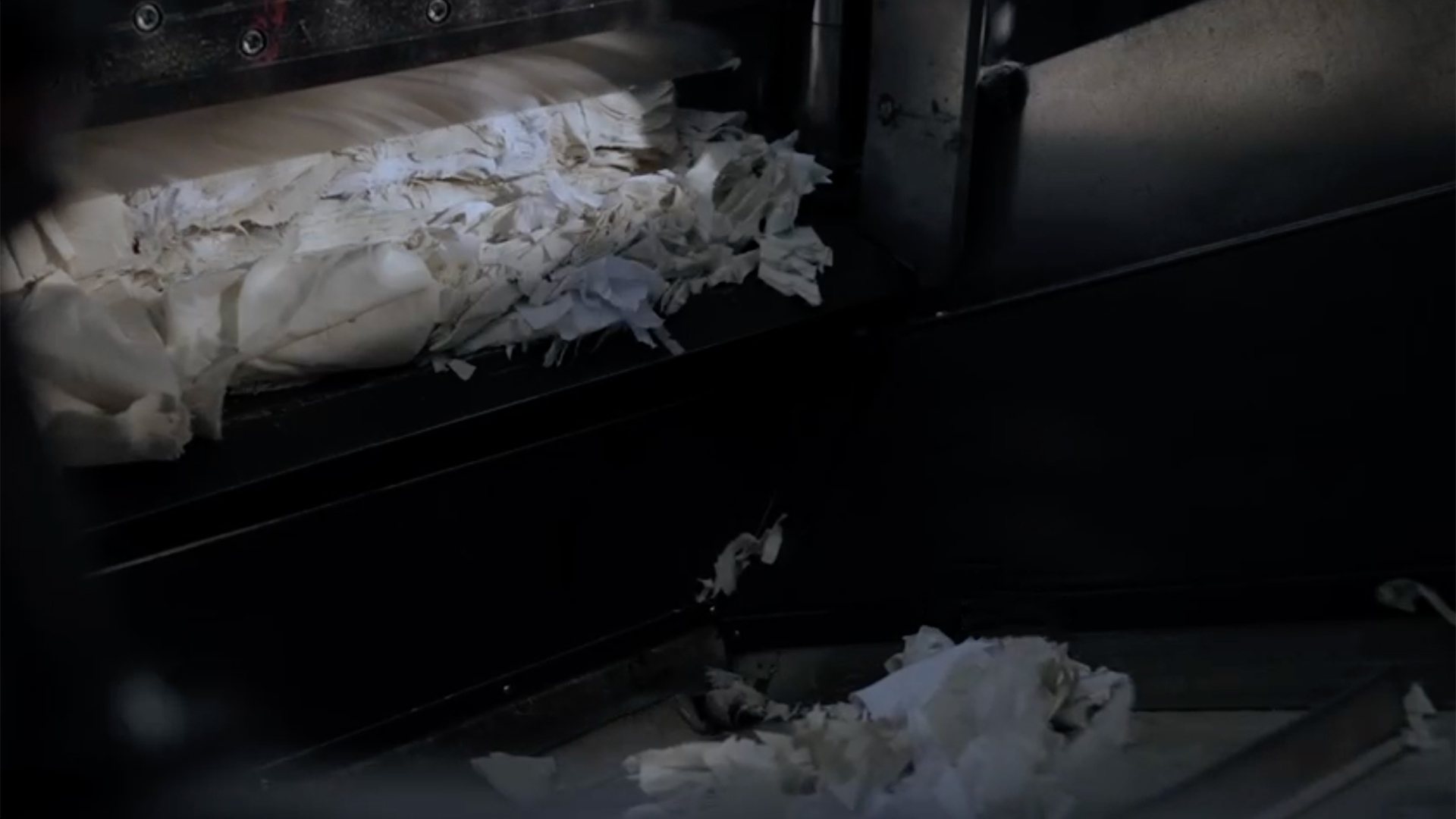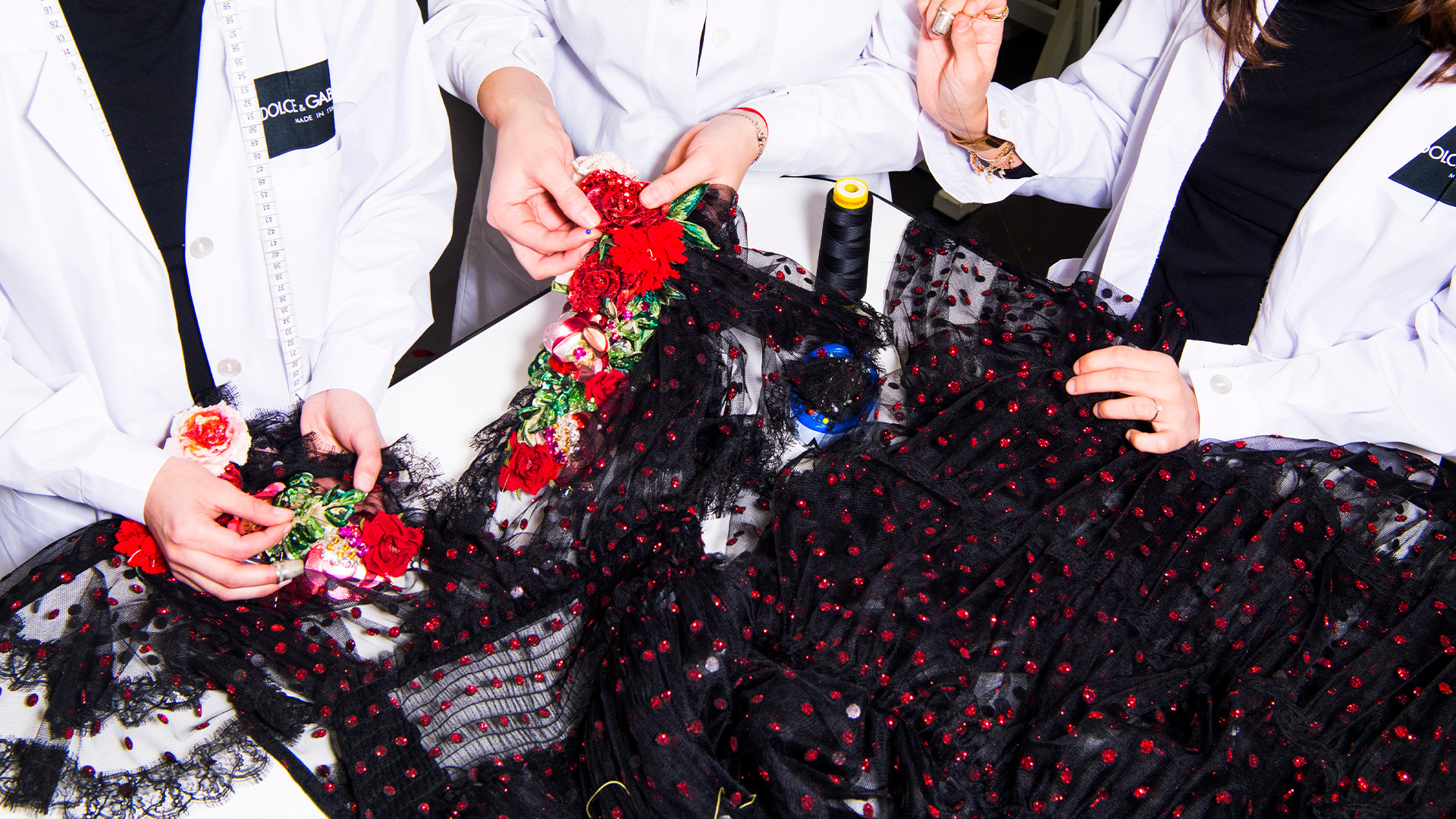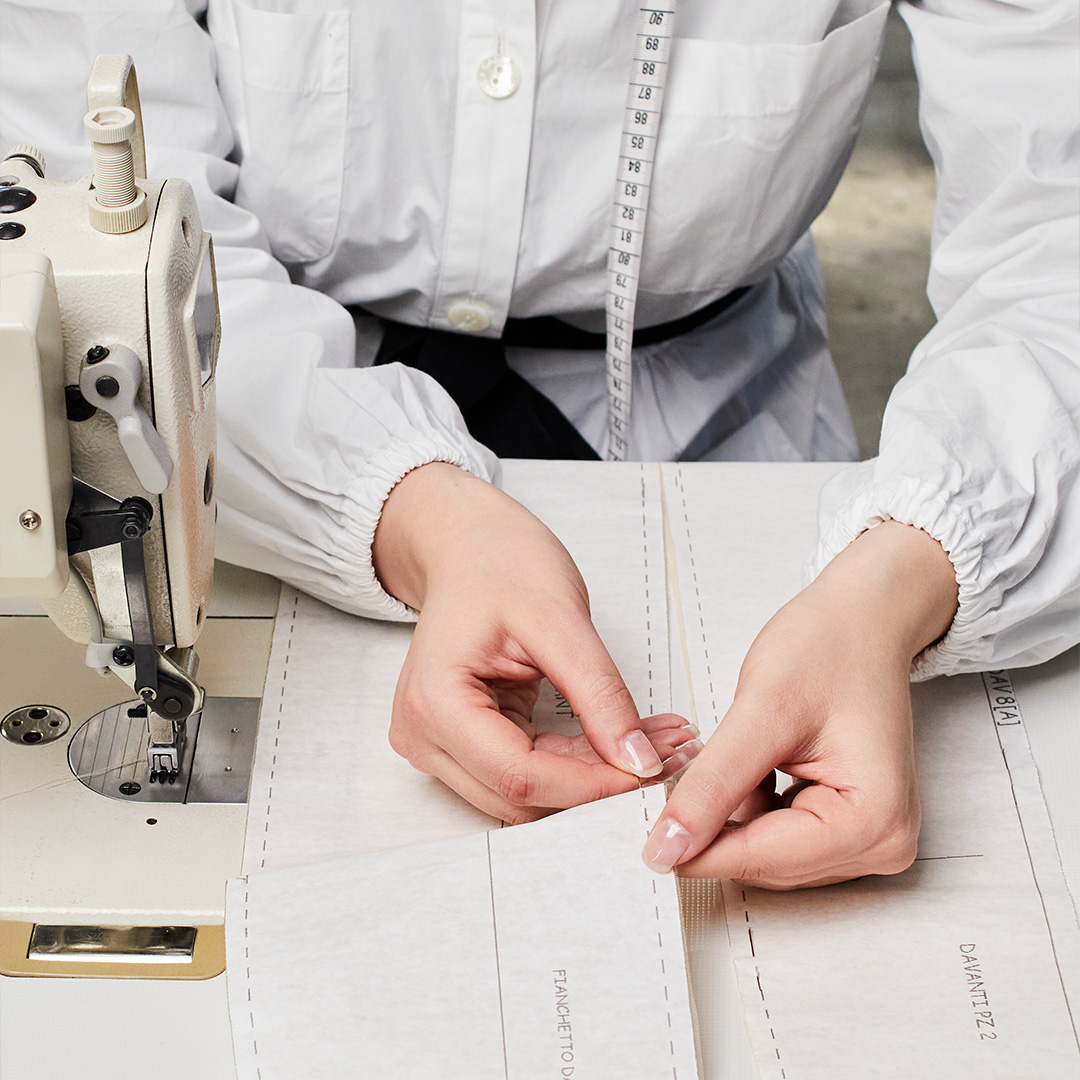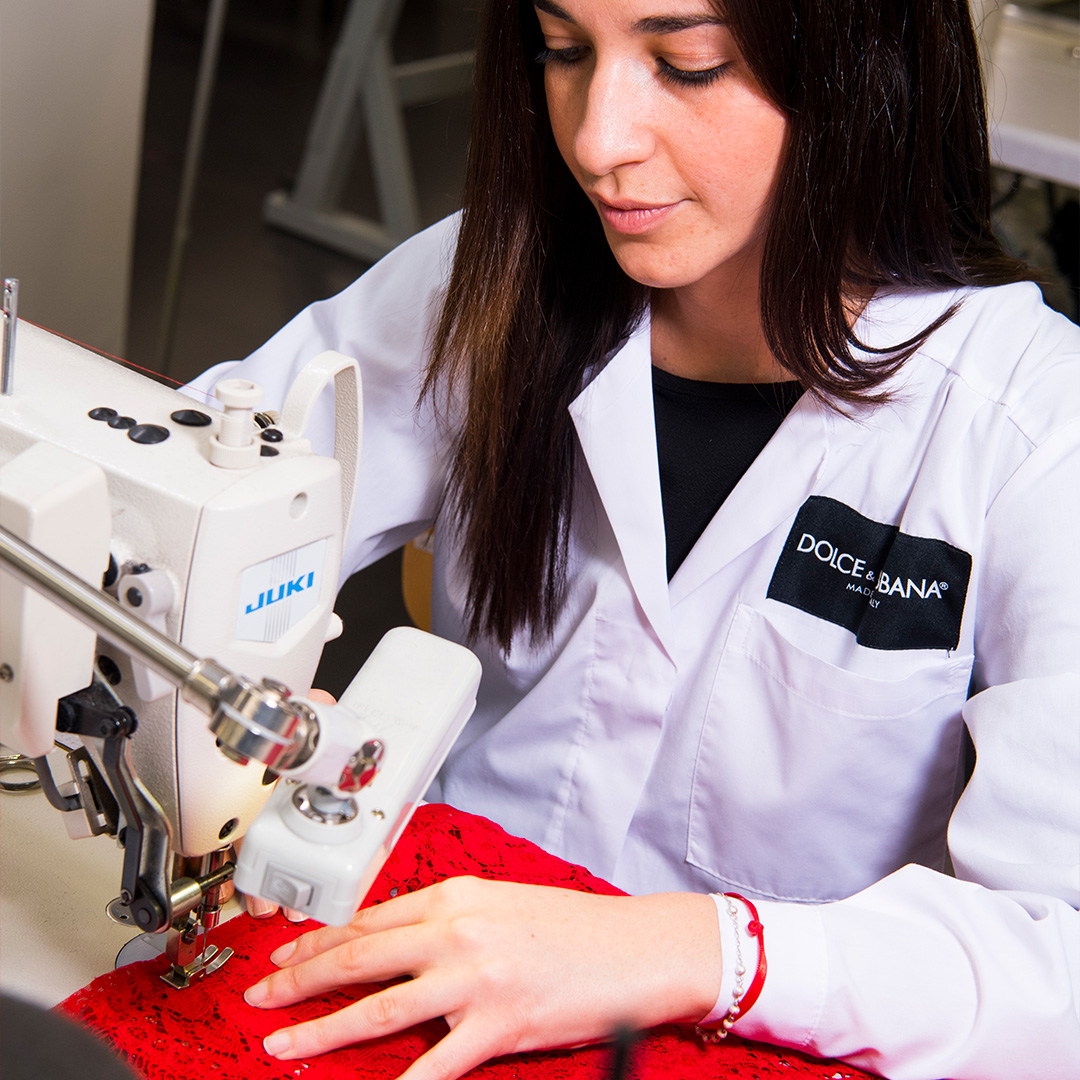An integral part of the broader sustainability commitment undertaken by Dolce&Gabbana, is represented by the target aimed to reduce single-use virgin plastic in packaging by 50% by 2025, and to completely phase it out by 2030. In this regard, it has been developed a systematic approach to gradually transition the packaging towards lower-impact and circular practices, inspired by the principles of the 4R framework: Reduce, Reuse, Recover, Recycle. All these elements will be further strengthened namely packaging Certification.
1. REDUCE
Key principles:
– Eliminate unnecessary packaging, whenever possible, to reduce resource usage and minimize waste.
– Decrease packaging weight and volume, optimizing transportation efficiency without compromising packaging quality or durability.
– Avoid single-use plastics for both industrial and consumer packaging.
Dolce&Gabbana Achievements to date
Dolce&Gabbana has already eliminated the use of plastic in gift packaging and is extending its efforts to remove it from all other types used within the retail channel. For instance, the company is replacing handles and ribbons in shopping bags with components made from cotton and using recycled plastic for garment covers.
Regarding Dolce&Gabbana Casa products, the objective is to eliminate magnets from gift packaging, reduce the overall volume of packaging, and seek alternatives with a lower environmental impact compared to expanded polyethylene, while ensuring maximum protection for the products.
In terms of packaging used in industrial processes, Dolce&Gabbana aims to completely eliminate shrink wrap plastic by 2025. Beginning in autumn 2023, the company has adopted a new machine for flat garments that avoids the use of plastic materials, with plans to extend this benefit to hanging garments in the future.
2. REUSE
Key principles:
– Prioritize durable product packaging to extend its lifespan and enhance customer value.
– Increase the reuse of industrial packaging to reduce resource consumption.
Dolce&Gabbana Achievements to date
The packaging used by Dolce&Gabbana, both in industrial processes and within the retail channel, is made from high-quality materials and designed for reuse. The iconic shopping bags and metal boxes are constructed from durable materials to ensure their longevity over time.
In the first half of 2024, Dolce&Gabbana Beauty announced the launch of new refillable products: the Refillable Everfull XL Mascara, the Refillable Everlift Luminizer, the Devotion Eau de Parfum Refillable, and the Q Eau de Parfum Refillable. These new offerings reaffirm and strengthen the brand’s commitment to reusable packaging solutions, significantly contributing to the reduction of environmental impact per unit of product volume. Designed to facilitate refilling, they allow consumers to refresh their favourite beauty products without the need to purchase a new container.
Specifically, using a 150 ml Refillable Eau de Parfum bottle results in a 76% reduction in the total weight of packaging compared to using three non-refillable 50 ml bottles. More precisely, this solution allows for a 72% reduction in glass usage, a 100% reduction in metals, a 48% reduction in plastic, and a 62% reduction in paper and cardboard.
In the second half of 2024, the Beauty division will also introduce additional refillable packaging options for its products, aiming to maximize reusability and further reduce environmental impact.
3. RECOVER
Key principles:
– Implement recovery initiatives both for consumers and at the industrial levels.
– Develop upcycling projects to reclaim and repurpose packaging waste.
Dolce&Gabbana Achievements to date
An important recovery project undertaken by Dolce&Gabbana relates to the packaging of lingerie. This initiative began in early 2023, spearheaded by a long-standing industrial supplier of the Group, which, as the leader of a transformation cycle involving multiple stakeholders, facilitates the recovery of unusable waste fabrics and transforms them into high-quality paper for packaging materials.
Thanks to this collaboration, during the year in question, the Group was able to reintegrate 10,200 kg of fabric into a transformation cycle that generates circular packaging.
4. RECYCLE
Key principles:
– Adopt recycled, recyclable, renewable, and compostable materials for both product and industrial packaging.
– Opt for 100% recyclable packaging thus avoiding multilayer materials.
– Eliminate the use of hazardous substances that could pose risks to human and environmental health during recycling processes.
– Provide transparent information about sustainability features and guidelines for proper packaging disposal.
Dolce&Gabbana Achievements to date
Dolce&Gabbana is committed to using 100% recycled plastic for retail packaging by 31 March 2025 and is actively working towards achieving 100% recyclability of its materials. The tertiary packaging used for logistical purposes consists of 80% recycled cardboard and is fully recyclable.
Additionally, Dolce&Gabbana has joined the Hangerloop programme for the purchase, recovery, and reuse of hangers made from 100% recycled plastic. Discarded hangers undergo a process of shredding and melting before being returned to Dolce&Gabbana’s warehouses as new hangers, thus completing the cycle of production and use of the raw material.
5. CERTIFICATION
Key principles:
– Choose third-party certified materials to guarantee consistency, transparency, and market recognition of sustainability claims (e.g., Forest Stewardship Council (FSC), Fairmined).
Dolce&Gabbana Achievements to date
All paper and cardboard packaging for beauty products is FSC certified, while the paper and cardboard packaging used for products in the retail channel will achieve FSC certification by 31st March 2025.
